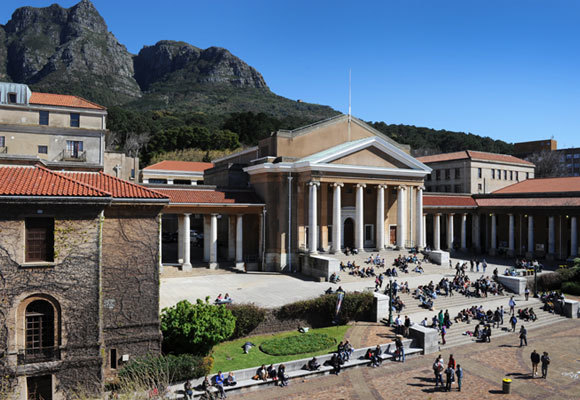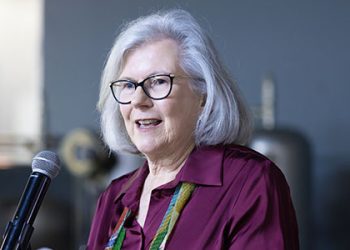The University of Cape Town (UCT) has launched an “innovative and quality high school education” as part of its contribution to equip learners with STEM education so that they can compete with their global peers in the Fourth Industrial Revolution (4IR) driven world.
Online High School
Called the UCT Online High School, the initiative is launched at the time when learning and teaching activities have been moved to virtual or online platforms following the disruptions caused by the Covid-19 pandemic. The school’s first intake will be for Grade 8 to 11 in January 2022 with Grade 12 classes taking place for the first time in 2023.

UCT has roped in Valenture Institute, one of the South African edutech start-ups, to ensure the success of the project. The Western Cape government has also endorsed the virtual learning model while its education department has agreed to licence all content as open content. The project has been backed by a generous grant from the Michael & Susan Dell Foundation.
Addressing two South Africas
Professor Mamokgethi Phakeng, UCT’s vice-chancellor and principal said the model is designed to “address the challenges of two South Africas: one resourced and advantaged the other under‑resourced and disadvantaged”. These “multifaceted problems facing the education sector need multifaceted solutions”, she added.
She said most learners come from poorly-resourced school with the result that some of them “fall by the wayside, condemned to a lifelong struggle with no way out of poverty. Sadly, she said, the gulf between the two South Africas is widening” adding, “that for every 100 children who start school in the current system, only six will achieve an undergraduate degree”.
Two offerings
The online high school has two offerings on one platform; the first is the UCT Online High School, an affordable fees‑based education direct to learners’ homes, at a monthly cost of R2 095.
The UCT Online High School offering includes:
- Grades 8 to 12
- A national Curriculum and Assessment Policy Statement (CAPS)‑aligned curriculum, with a broad range of subjects
- 10 subjects in grades 8 and 9, with more added every year
- 14 subjects in grades 10, 11 and 12, with more added annually
- Classes start in 2022. The first Grade 12 intake will occur in 2023.
Blended learning platform
The second offering is a free online, blended‑learning platform for all high school teachers and learners, using the same platform that the fee‑paying learners use. According to Professor Phakeng, this offering will operate free in micro schools that will be established in community facilities across the country such as libraries, church halls and community centres, with a trained mentor in place at each. But she said teachers will not be mentors as their role will be reduced to providing adult supervision as well as ensuring they hold learners accountable and keep them on track.
Micro schools
The first micro school has been piloted in Mitchells Plain in the Western Cape and the 2020 academic results were outstanding. For instance, on average, learners at the micro school jumped three grade levels in maths, science and English. Valenture Institute’s chief executive officer, Robert Paddock said: “Our objective for the open platform is that it act as a valuable educational resource to multiple stakeholders in the sector, and enable others to embed innovative, scalable, high‑quality solutions into their education.”
UCT Vision 2030
Professor Phakeng said the initiative is part of their Vision 2030 commitment “to find new ways to approach South Africa’s complex problems and to unleash our country’s human potential to create a fair and just society”. She said to achieve this, the country needs to change the way our high learners are educated. Professor Phakeng said one of the ways of helping unearth new talents is to “change the trajectory of high school education in the country, particularly in science, technology, engineering and mathematics] subjects (STEM).
Five key pillars
To meet the challenges of the 4IR high school pupils need five key educational supports said Professor Phakeng. These include:
- They need to be able to advance at their own pace, whether that means racing ahead of the class or taking extra time to fully understand a difficult concept;
- They need to master the foundational subjects that will help them in university or a job – especially in science and maths;
- They need personalised attention from teachers and coaches who keep track of their progress and offer extracurricular activities to develop their social and teamwork skills;
- They need to develop the grown-up skill of self-discipline; and
- They need to become familiar with different modes of working online.

Professor Phakeng said they have negotiated with the basic education department to help government schools work with a new education model. The model is based on the five pillars including a full curriculum that will be available as an open education resource throughout the country.








